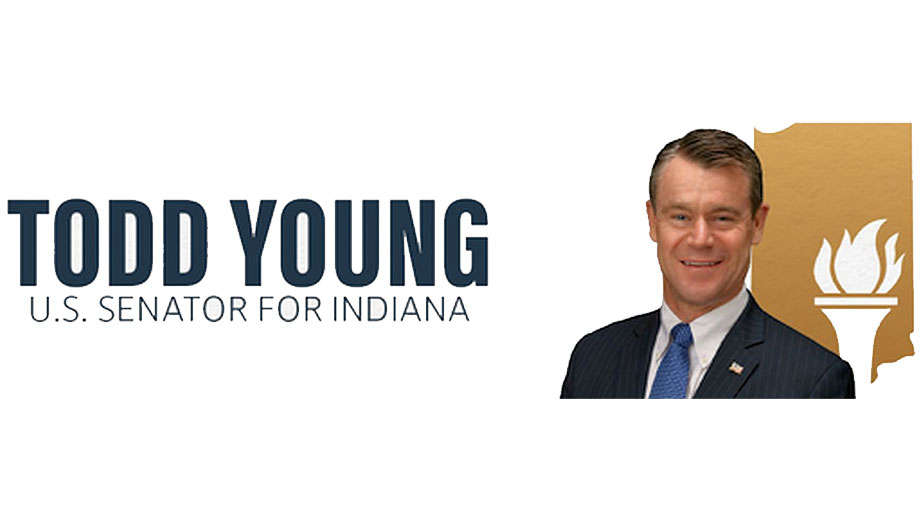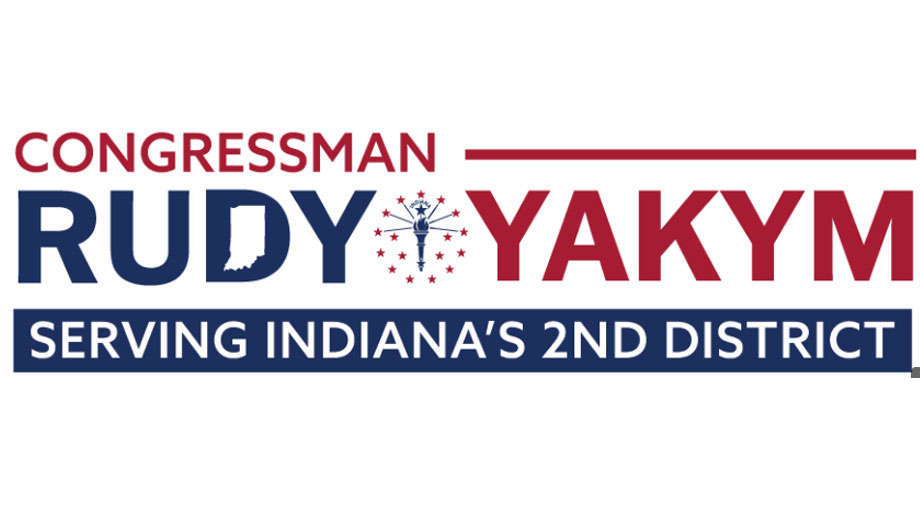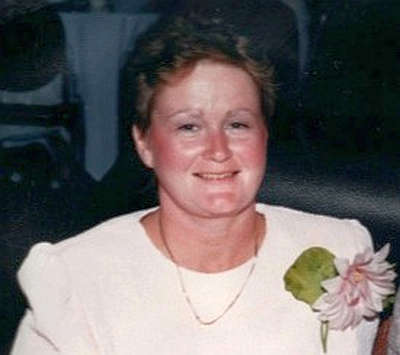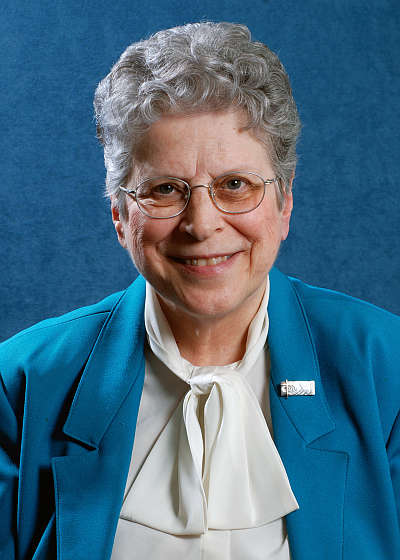
U.S. Senators Todd Young (R-Ind.) and Jerry Moran (R-Kan.) reintroduced legislation to amend the Internal Revenue Code to clarify that Government Sponsored Enterprises (GSEs) Fannie Mae and Freddie Mac are able to participate in partnerships that are crucial for low-income housing investments.
Current Internal Revenue Code contains a provision stating that investors partnering with Tax-Exempt Controlled Entities (TECEs) are not entitled to certain benefits, including accelerated depreciations, bonus depreciation, historic rehab tax credits or certain energy credits that support companies offering affordable housing tax credits. This legislation would clarify that Fannie Mae and Freddie Mac are not subject to this rule, therefore protecting their participation in partnerships that are crucial for low-income housing investments.
“We can’t address our housing affordability crisis without building more units,” said Senator Young. “By making one simple clarification, this bill will unlock much-needed new partnerships that are crucial for rural low-income housing investments.”
“Housing affordability has a significant impact on rural Americans across the country,” said Senator Moran. “By making this technical change, rural housing investors that partner with Fannie and Freddie can confidently invest in affordable housing that is desperately needed in rural communities. I encourage my colleagues to support this bill so that we can continue to improve rural America by reducing housing costs.”
In 2023, Senator Young joined colleagues in urging Treasury Secretary Janet Yellen to provide written guidance that clarifies that the Government Sponsored Enterprises (GSEs) Fannie Mae and Freddie Mac are not Tax-Exempt Controlled Entities (TECEs).
In addition to Senators Young and Moran, U.S. Senators Mark Warner (D-Va.) and Peter Welch (D-Vt.) also reintroduced the legislation.
Full text of the legislation can be found here.


 M.C. Board of Finance meeting Tuesday at 8 a.m.
M.C. Board of Finance meeting Tuesday at 8 a.m.
 Plymouth Police arrest 2 on Saturday
Plymouth Police arrest 2 on Saturday
 Dustin's Place to host ______ & Me Dance, seeking community support
Dustin's Place to host ______ & Me Dance, seeking community support
 Peach Jam — A tribute to The Allman Brothers Band returns to the REES Theatre for Thirsty Thursday
Peach Jam — A tribute to The Allman Brothers Band returns to the REES Theatre for Thirsty Thursday
 Plymouth wrestlers Balica and Smith fall in state title matches
Plymouth wrestlers Balica and Smith fall in state title matches
 Marshall County under a Cold Weather Advisory 7 A.M. Monday to 9 A.M. Tuesday
Marshall County under a Cold Weather Advisory 7 A.M. Monday to 9 A.M. Tuesday
 U.S. Rep. Yakym: “Taxpayer dollars should go to what works, not what wastes”
U.S. Rep. Yakym: “Taxpayer dollars should go to what works, not what wastes”




